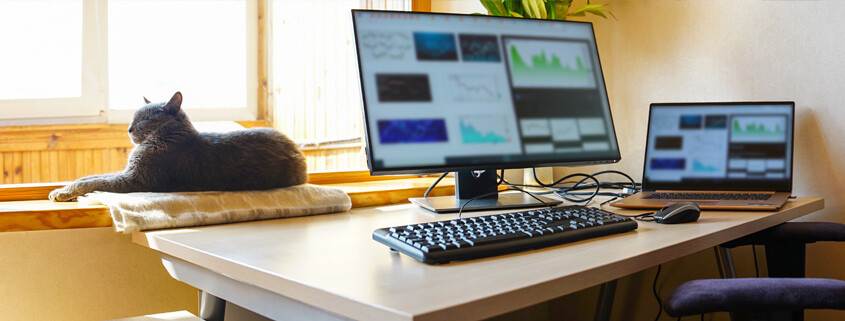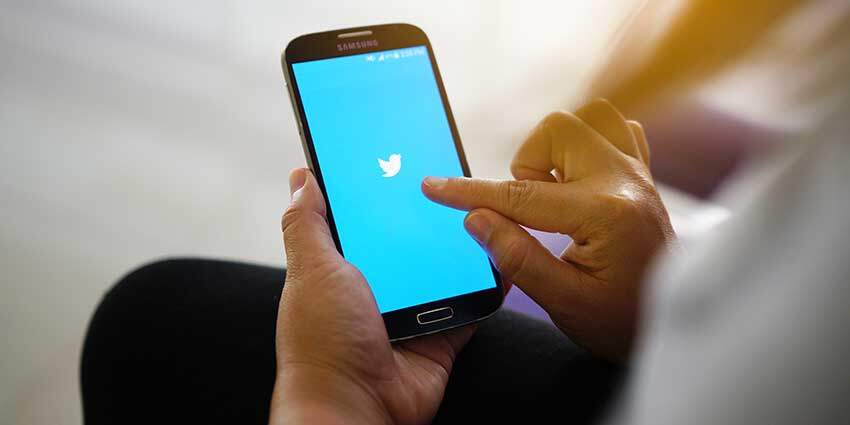Every once in a while, a disruption occurs in some sector. Someone actually builds a better mousetrap or creates a new market by convincing them that their teeth should be as white as a tissue. Affected businesses pivot, change their designs and marketing plans, and relative stability prevails once again.
Then came a global disruption, the likes of which hadn’t been experienced by generations. We all know how that impacted us, our families, our “normal” activities. We adjusted. Businesses adjusted. The world worked together to find a solution, and now things seem to be getting back to the way they were. Except…
During that disruption, a shift occurred that affected many in profound ways. They started to question their life goals and what they were willing to give up to achieve those goals. The scales were tipped in favor of life in the work-life balance we sought, and perspectives changed.
This CBC article talks about a woman who quit her job rather than returning to the office. There’s already a trend emerging in the U.S. showing there are many like her, and the trend is expected to develop in Canada too.
There’s also a strengthening movement to get rid of the traditional five-day, 40-hour work week and growing evidence that fewer hours and more flexible work schedules benefit employees without hurting employers.
A study in Iceland (detailed in this Forbes article by Jack Kelly) tested shorter workdays without cutting pay. In the majority of cases, productivity remained the same or improved, while worker well-being increased significantly. The results of a similar experiment by Microsoft Japan had even more dramatic results: employees were happier and 40% more productive.
A number of countries are now testing the move to fewer hours and more flexibility in when those hours are worked. There are a number of theories about why we can do more in less time. One is that we’re more focused and task oriented when time is short. We have more time to take care of personal matters, so we don’t need to use work time for those things. We’re more rested, and therefore more productive when we are at work.
It’s certainly an interesting proposition, and one that likely needed a major disruption to be seriously considered. Here are two more articles on the topic.


